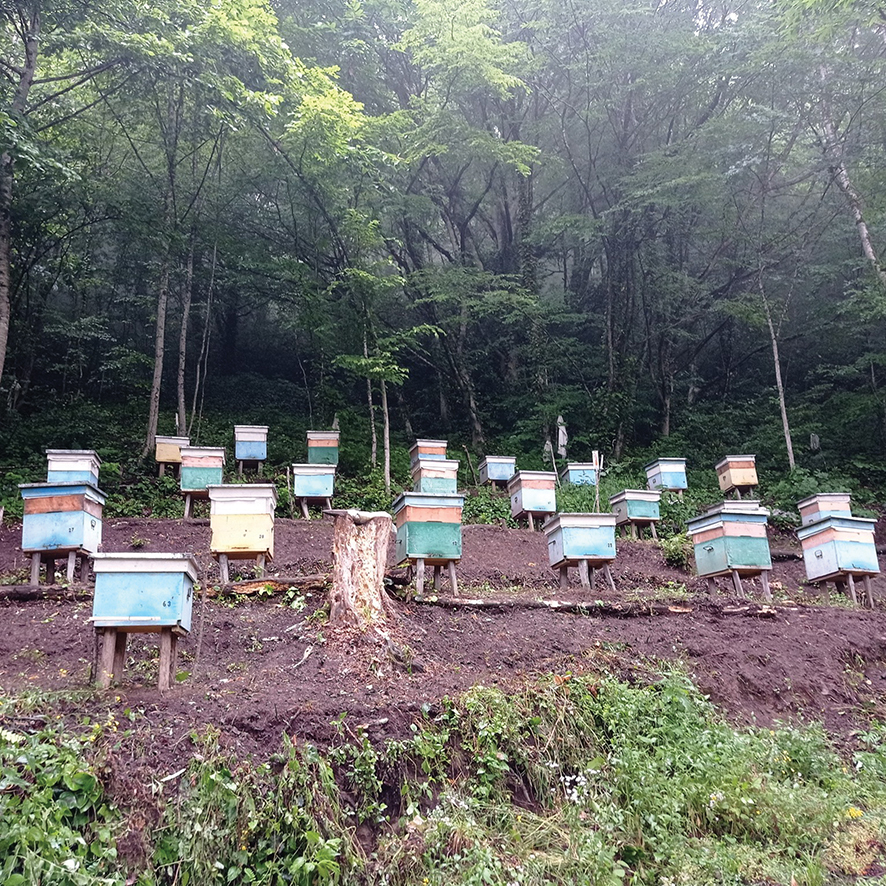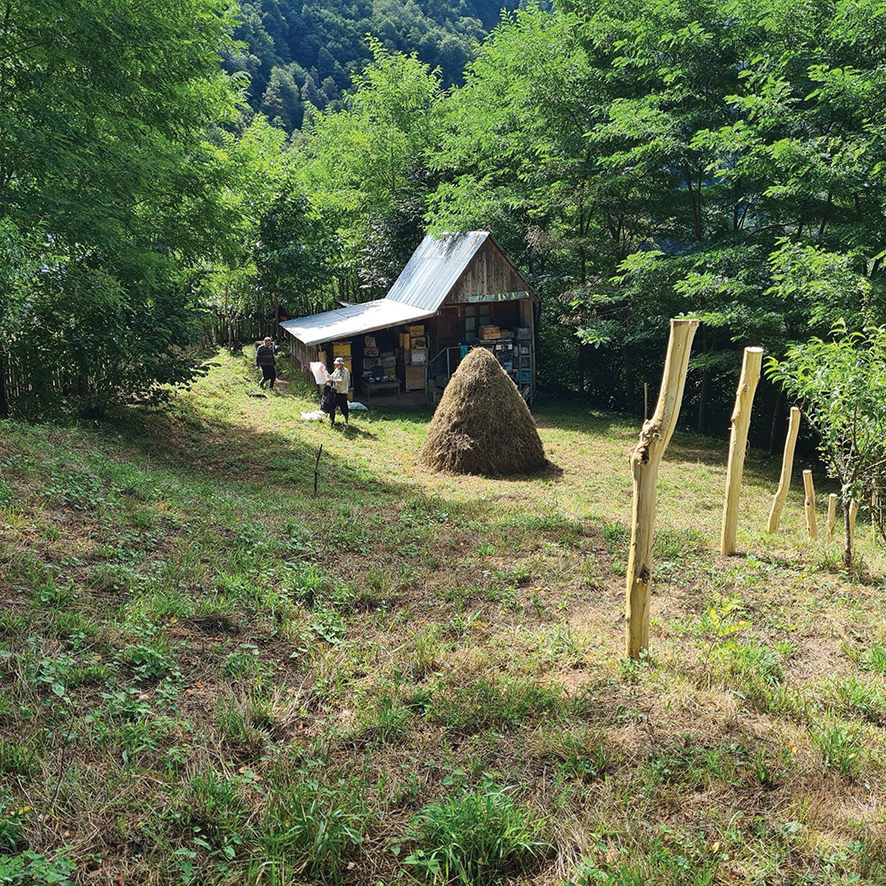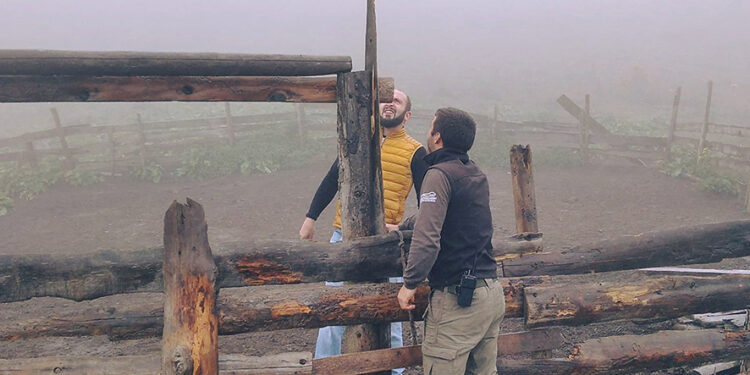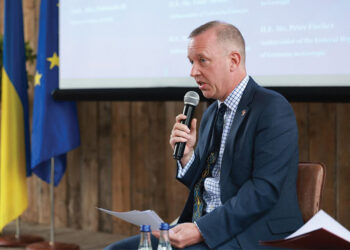In the heart of Borjomi-Kharagauli National Park, a groundbreaking partnership between local communities and environmental organizations is demonstrating how innovation can help reduce human-wildlife conflict — a growing challenge in Georgia’s mountain regions.
With support from the United Nations Development Program (UNDP) and the Global Environment Facility’s Small Grants Program (GEF SGP), a new pilot initiative is bringing smart, sustainable solutions to farmers whose livelihoods are threatened by predator attacks.

The project, led by the Center for Biodiversity Conservation and Research (NACRES), has already made significant strides:
- 11 farms have been equipped with electric fences, creating a safer boundary for livestock.
- 20 farmers now use Foxlights, solar-powered predator deterrent devices that mimic human activity to keep predators at bay.
- 18 farmers have received portable solar stations and rechargeable lights, improving safety while also expanding access to clean, renewable energy.
The results have been swift and promising — fewer attacks from wolves and other predators, safer farms, and a stronger connection between environmental protection and economic resilience.

“This is a powerful example of how communities can adapt to climate and biodiversity challenges using innovative, nature-friendly tools,” said a representative from NACRES. “We’re seeing not only improved protection for livestock, but also a more positive attitude toward coexistence with wildlife.”
The project is part of a broader UNDP-GEF SGP effort to support community-based environmental initiatives across Georgia. As the impacts of climate change intensify, such local partnerships are seen as critical for promoting both ecological balance and rural development.
By empowering farmers with technology and knowledge, the Borjomi-Kharagauli initiative is showing that conservation and community well-being can go hand in hand — lighting the way, quite literally, for a more sustainable future.
By Team GT














